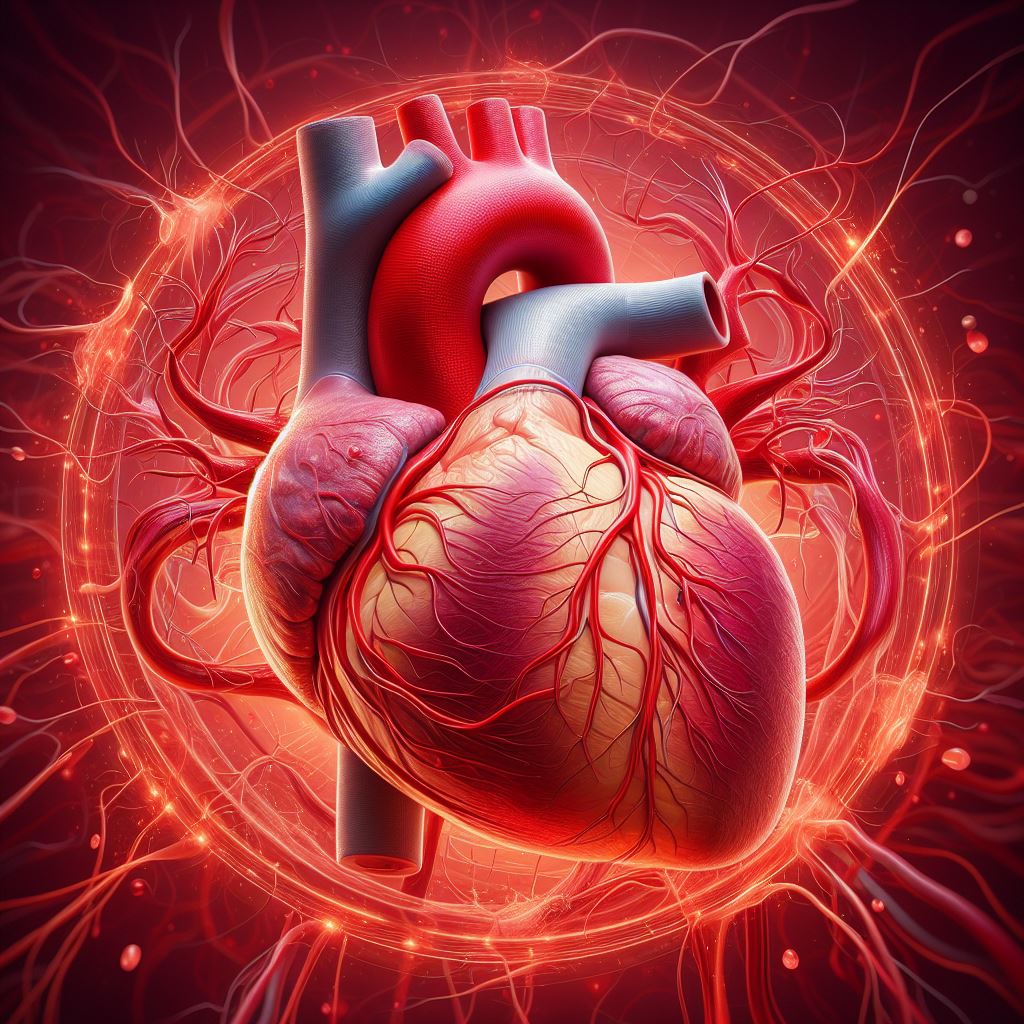A study funded by the National Institutes of Health has discovered that SARS-CoV-2, the virus that causes COVID-19 can harm the heart even when it does not directly infect the heart tissue. The study, which was published in the journal Circulation, focused on the harm that SARS-CoV2-associated acute respiratory distress syndrome (ARDS), a dangerous and sometimes deadly lung ailment, may do to a person’s heart. However, the findings may apply to viruses other than SARS-CoV-2 and tissues other than the heart, according to the researchers.
Long recognised as a risk factor for heart attacks, strokes, and Long COVID, imaging studies have revealed that more than half of COVID-19 cases had some degree of cardiac injury or inflammation. What is unknown to scientists is whether the damage is caused by systemic inflammation brought on by the body’s well-known immunological response to the virus, or whether the virus infects the heart tissue itself.
This was a critical question and finding the answer opens up a whole new understanding of the link between this serious lung injury and the kind of inflammation that can lead to cardiovascular complications.
The research also suggests that suppressing the inflammation through treatments might help minimize these complications.
Michelle Olive, Ph.D.
The immune cells called cardiac macrophages, which typically play a vital function in maintaining tissue health but can become inflammatory in reaction to damage like a heart attack or heart failure, were the focus of the study to arrive at their conclusions. Heart tissue samples from 21 patients who passed away from ARDS linked to SARS-CoV-2 were examined by the researchers, and they were contrasted with samples from 33 patients who passed away for reasons unrelated to COVID-19. To monitor the fate of the macrophages following infection, they also infected mice with SARS-CoV-2.
Also Read| Automated dosing systems can become universal by a breakthrough
Researchers discovered that the SARS-CoV-2 infection increased the overall count of cardiac macrophages in both people and animals. It also led these macrophages to deviate from their typical function and develop an inflammatory response.
The heart and the rest of the body are weakened when macrophages fail to perform their regular functions, which include maintaining the heart’s metabolism and eliminating dangerous bacteria or other foreign substances, according to Matthias Nahrendorf, M.D., Ph.D., a professor of radiology at Harvard Medical School and the study’s senior author.
Subsequently, the researchers conducted a mouse experiment to investigate whether the observed response was from direct heart infection caused by SARS-CoV-2 or from a severe enough lung infection to generate increased inflammation in the heart macrophages. This investigation reproduced the signs of lung inflammation without using the real virus. The outcome was that the mice exhibited robust immune responses even in the absence of a virus, causing the identical change in cardiac macrophages as the researchers saw in both the SARS-CoV-2-infected animals and the patients who died of COVID-19.
What this study shows is that after a COVID infection, the immune system can inflict remote damage on other organs by triggering serious inflammation throughout the body – and this is in addition to damage the virus itself has directly inflicted on the lung tissue.
These findings can also be applied more generally, as our results suggest that any severe infection can send shockwaves through the whole body.
Matthias Nahrendorf
Also Read| Diary allergy can be overcome by gut bacteria
Additionally, the study team discovered that by neutralising antibodies and inhibiting the immune response in the animals, inflammatory cardiac macrophage flow was reduced and heart function was maintained. Although human testing of this medication is still pending, Nahrendorf stated that it might be utilised as a prophylactic strategy to assist COVID-19 individuals who already have medical issues or who are at higher risk of experiencing more severe consequences from SARS-CoV-2-linked ARDS.
Source: NHLBI News
Journal Reference: Jana Grune, Geetika Bajpai, Pervin Tülin Ocak, Eva Kaufmann, Kyle Mentkowksi, Steffen Pabel, Nina Kumowski, Fadi E. Pulous, Kim A. Tran, David Rohde, Shuang Zhang, Yoshiko Iwamoto, Gregory R. Wojtkiewicz, Claudio Vinegoni, Ursula Green, Filip K. Swirski, James R. Stone, Jochen K. Lennerz, Maziar Divangahi, Maarten Hulsmans, Matthias Nahrendorf. Virus-Induced Acute Respiratory Distress Syndrome Causes Cardiomyopathy Through Eliciting Inflammatory Responses in the Heart. Circulation, 2024; DOI: https://doi.org/10.1161/CIRCULATIONAHA.123.066433
Last Update:







